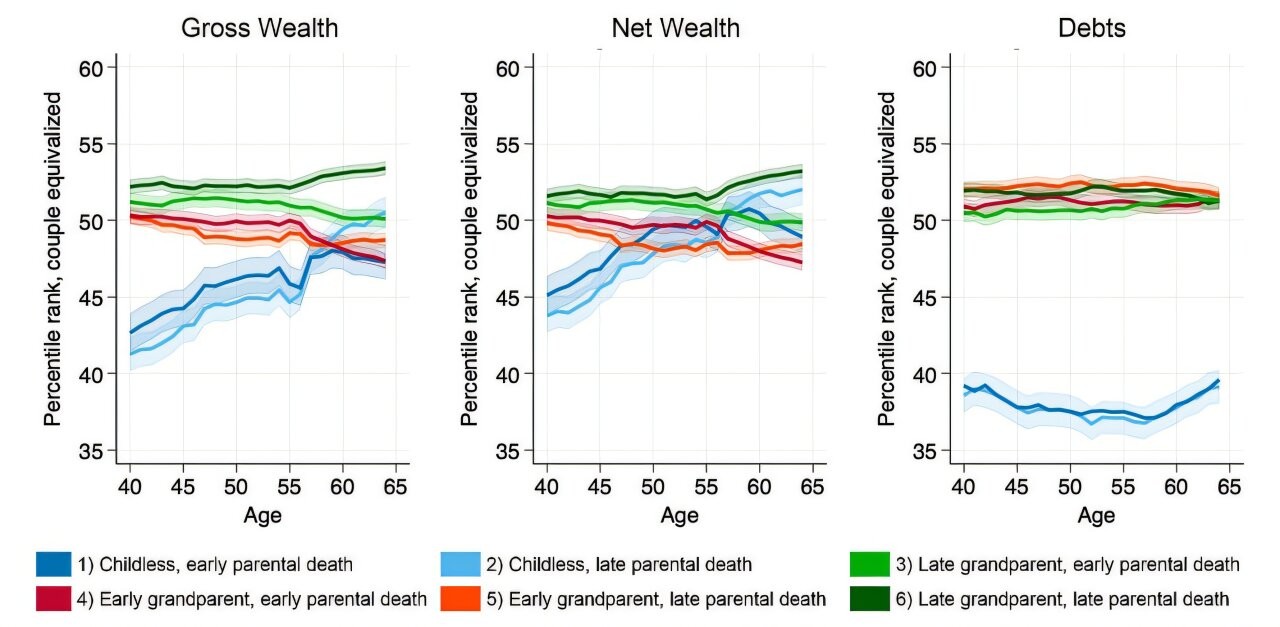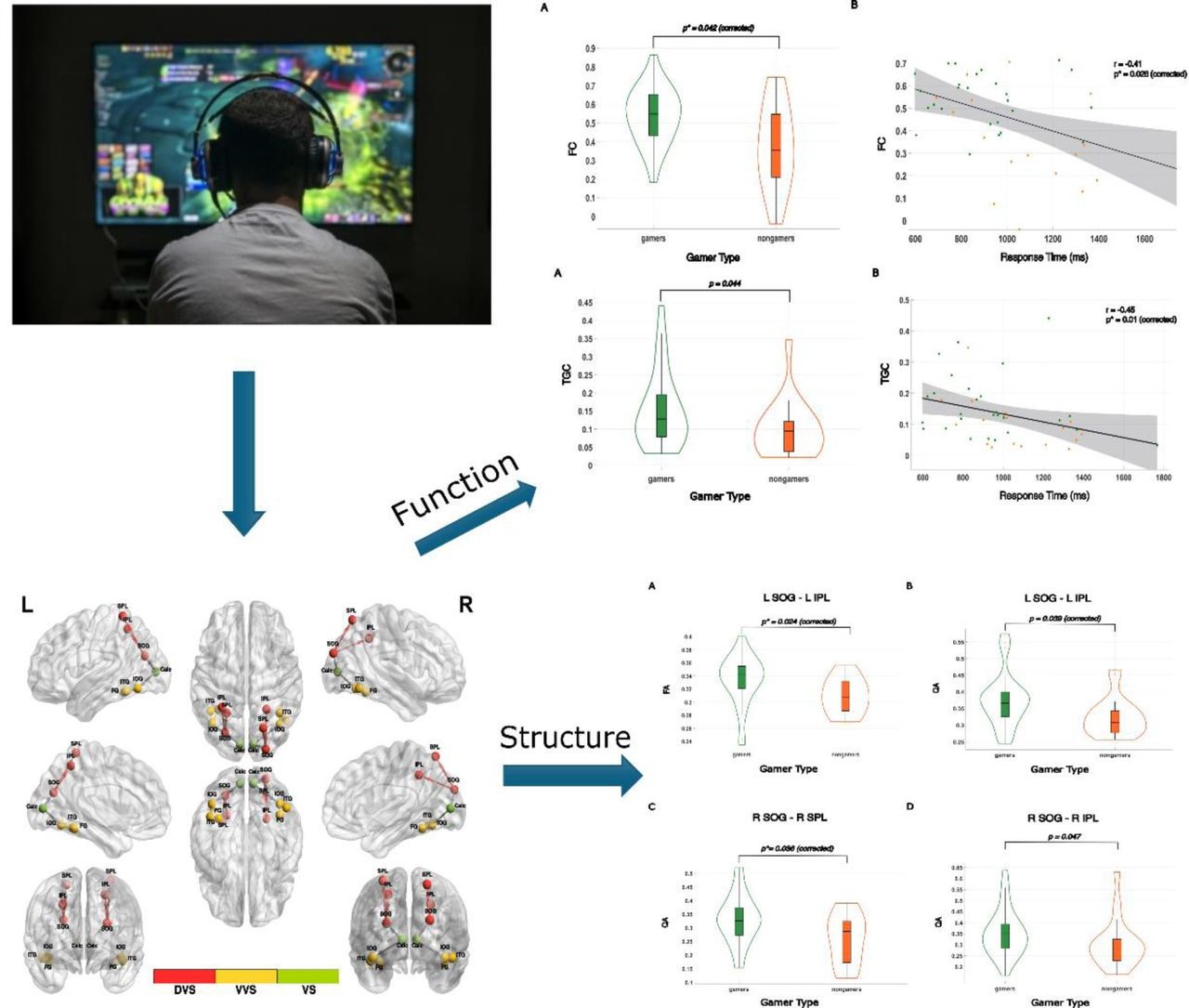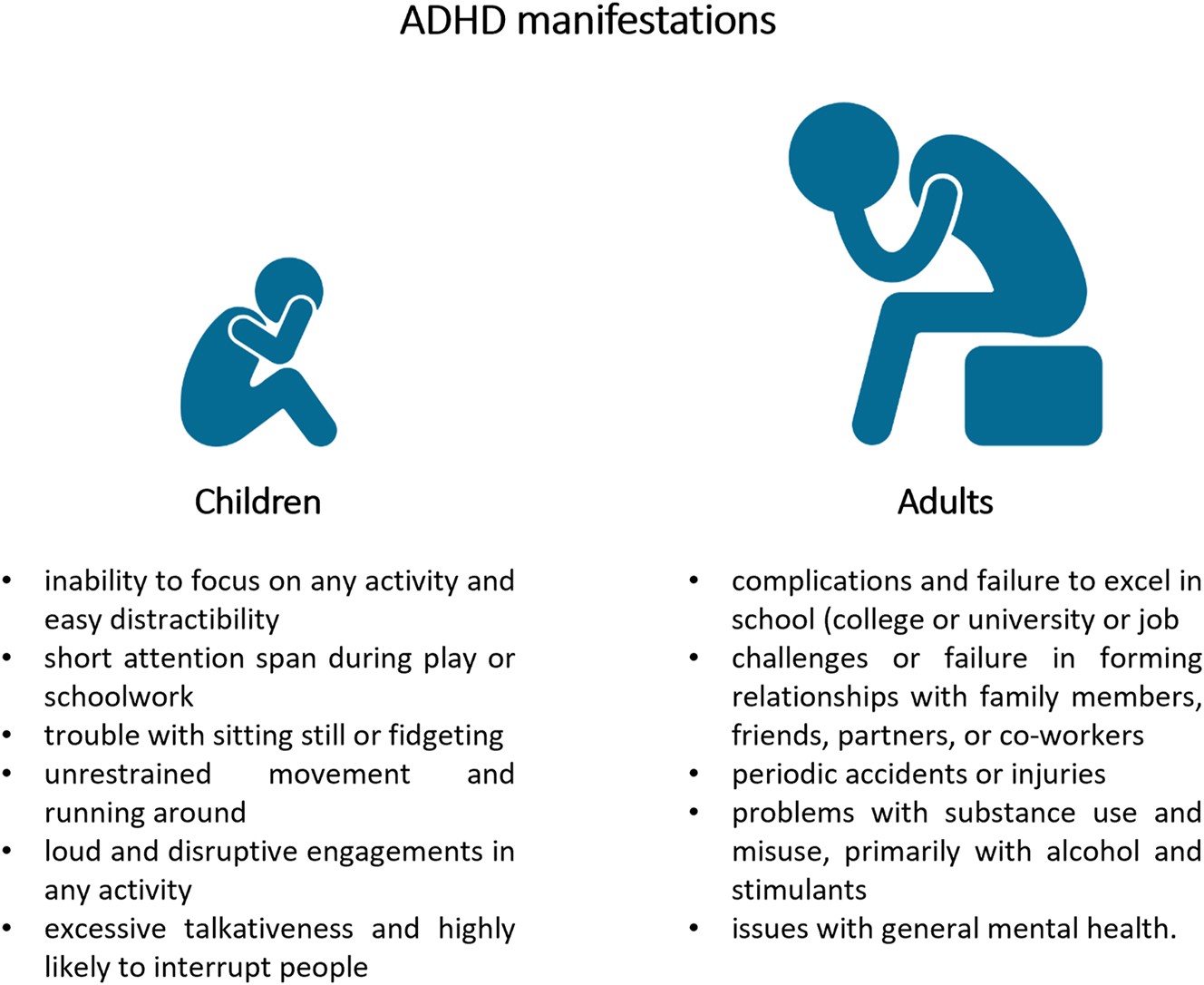Featured
Financial Well-Being Gap Widens Between Generations, UGA Study Finds

A University of Georgia study reveals significant disparities in financial knowledge and well-being across generations, with baby boomers demonstrating the highest levels compared to Gen X and millennials. The research suggests these differences stem from accumulated life experience rather than inherent generational traits.
Dungeons & Dragons: A Therapeutic Path from Gaming Addiction to Social Connection

A groundbreaking study reveals that tabletop role-playing games like Dungeons & Dragons may help reduce gaming addiction and social anxiety symptoms. The 10-week program showed promising results with decreased loneliness and problematic gaming behaviors among participants.
Child-Free by Choice: Study Shows Dramatic Rise in Americans Rejecting Parenthood

A groundbreaking Michigan State University study reveals that the number of adults choosing to remain child-free has doubled in the past year, reaching 29% in 2023. The research analyzes data from 80,000 U.S. adults, uncovering significant shifts in family planning attitudes and societal expectations around parenthood.
Visa Revocations Hit International Students at Indiana University Amid National Uncertainty

Indiana University confirms multiple student visa cancellations as part of a broader national trend affecting universities across the USA. While the exact numbers remain unclear due to privacy laws, university officials and faculty express concern over limited ability to intervene in federal immigration matters.
Action Gaming Rewires Brain's Visual Processing Networks

New research reveals that action gamers develop enhanced brain connections for processing visual information, particularly in regions handling spatial awareness and movement. The study found stronger neural pathways in gamers' dorsal visual streams, potentially explaining their superior performance in visual decision-making tasks.
Infants Show Remarkable Self-Awareness: Three-Month-Olds Can Detect Their Own Heartbeat

Groundbreaking research reveals that babies as young as three months can perceive their own heartbeat, challenging previous assumptions about early human development. Using innovative eye-tracking technology, researchers discovered infants pay more attention to animations synchronized with their internal body rhythms.
Music as Medicine: How ADHD Adults Use Background Tunes Differently

A groundbreaking study reveals distinct patterns in how young adults with ADHD utilize background music compared to neurotypical peers during daily activities. Research shows ADHD individuals strategically use stimulating music to optimize focus and performance, opening new possibilities for non-pharmaceutical symptom management.
Moral Values Vary Among Different Types of Polish Patriots, Study Finds

Research involving over 2,000 Polish adults reveals distinct moral patterns among different patriotic attitudes, from national glorifiers to constructive critics. The findings show how varying forms of national attachment influence moral decision-making and responses to ethical dilemmas.
Revolutionary Antiviral Chewing Gum Shows Promise Against Herpes and Flu

Researchers at the University of Pennsylvania have developed a groundbreaking chewing gum made from Lablab purpureus beans that shows over 95% effectiveness against herpes and influenza viruses. This innovative preventive approach using natural food-based ingredients could provide broad-spectrum protection against multiple viral threats.




